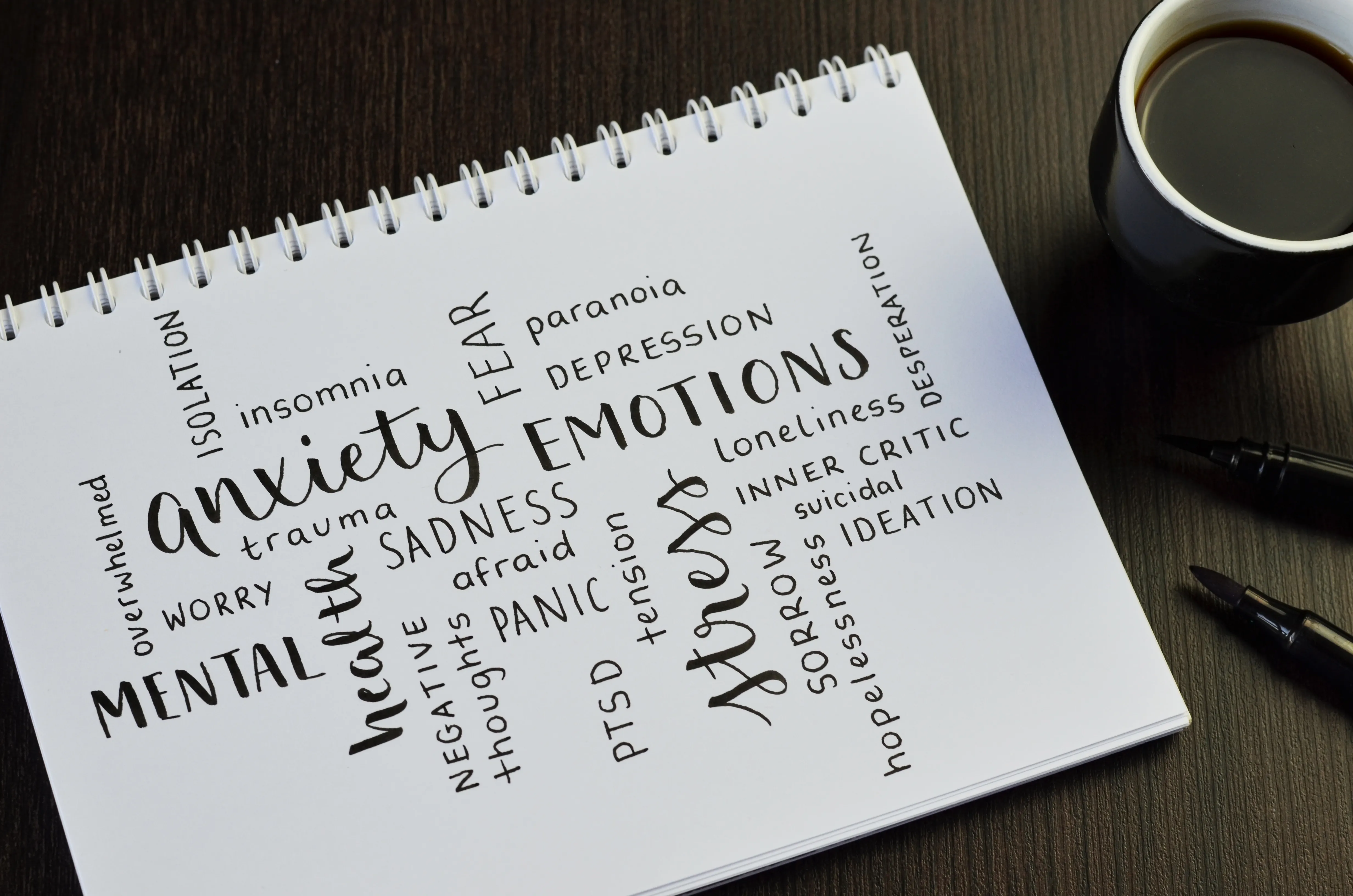
Dear Dietitian - Do aluminum and plastic food containers cause health problems?
Dear Dietitian,
My step-daughter told me not to cook with aluminum foil, as it can cause health problems. Is this true? Is it safe to use plastic containers when heating food in the microwave oven?
Jesse
Dear Jesse,
We use aluminum in our everyday lives. Sources include medication, aluminum foil, aluminum cans, and cookware. In fact, it is the most abundant metal on the planet, and aluminum is even found in the air we breathe. But is it safe? Symptoms of aluminum toxicity include confusion, dementia, anemia, and osteomalacia (soft bones).
In the US, aluminum toxicity is rare, and no outbreaks have been reported since 2007. In a small study of 10 patients receiving dialysis, increased blood levels of aluminum were found. The problem was related to the dialysis machine and was corrected. Of note, none of the patients showed any symptoms of aluminum toxicity (1).
Toxic levels of aluminum have been discovered in people with kidney problems, in which case, the kidney cannot adequately filter any excess amount of the metal. High levels have also appeared in patients receiving long-term IV nutrition. Any patient receiving long-term IV nutrition should be closely monitored by a Registered Dietitian Nutritionist so that any nutrient imbalance can be prevented or quickly corrected.
In the 1960s, aluminum became a suspect in Alzheimer’s disease. Since then, research has found no link between aluminum and the cause of Alzheimer’s.
It is safe to use aluminum in cooking. It may slightly increase the level of aluminum in your body, but it is not harmful. The human body does not easily absorb aluminum, and a healthy kidney will excrete any excess amount in your urine. Talk to your doctor if you are concerned about your aluminum level. A simple blood test will determine if it is too high.
Another common and convenient item found in our cupboards is plastic. When using plastic containers to heat food in the microwave oven, it is important to know a few things. Plastics can release bisphenol-A (BPA) and phthalates into your food. These chemicals are known as endocrine disrupters, which means they mimic human hormones. In doing so, they disrupt the body’s natural hormonal process. Hormone disruptors cause problems in animals, but there is little scientific information on the potential health problems in humans (2).
The FDA regulates the labeling of plastic containers that are “microwave safe.” These containers must be tested to determine if chemicals from the plastic will migrate into the food, if so, how much, the likelihood that someone will eat directly from the container, and how hot the food will get during microwaving. The amount of chemical release allowed is 100-1,000 times less than the amount found to be harmful to animals (2).
Avoid using plastic storage bags, plastic wrap, brown paper, or plastic grocery bags in the microwave. If you choose to be extra cautious, use only microwave-safe glass or ceramic when heating food in the microwave.
Until next time, be healthy!
Dear Dietitian
References
- Elevated serum aluminum levels in hemodialysis patients associated with use of electric pumps---Wyoming, 2007. (June 27, 2008) MMWR Weekly (57(25);689-691. https://www.cdc.gov/mmwr/preview/mmwrhtml/mm5725a4.htm
- Microwaving in plastic: dangerous or not? (September 20, 2017) Harvard Health Publishinghttps://www.health.harvard.edu/healthy-eating/microwaving-food-in-plastic-dangerous-or-not

















